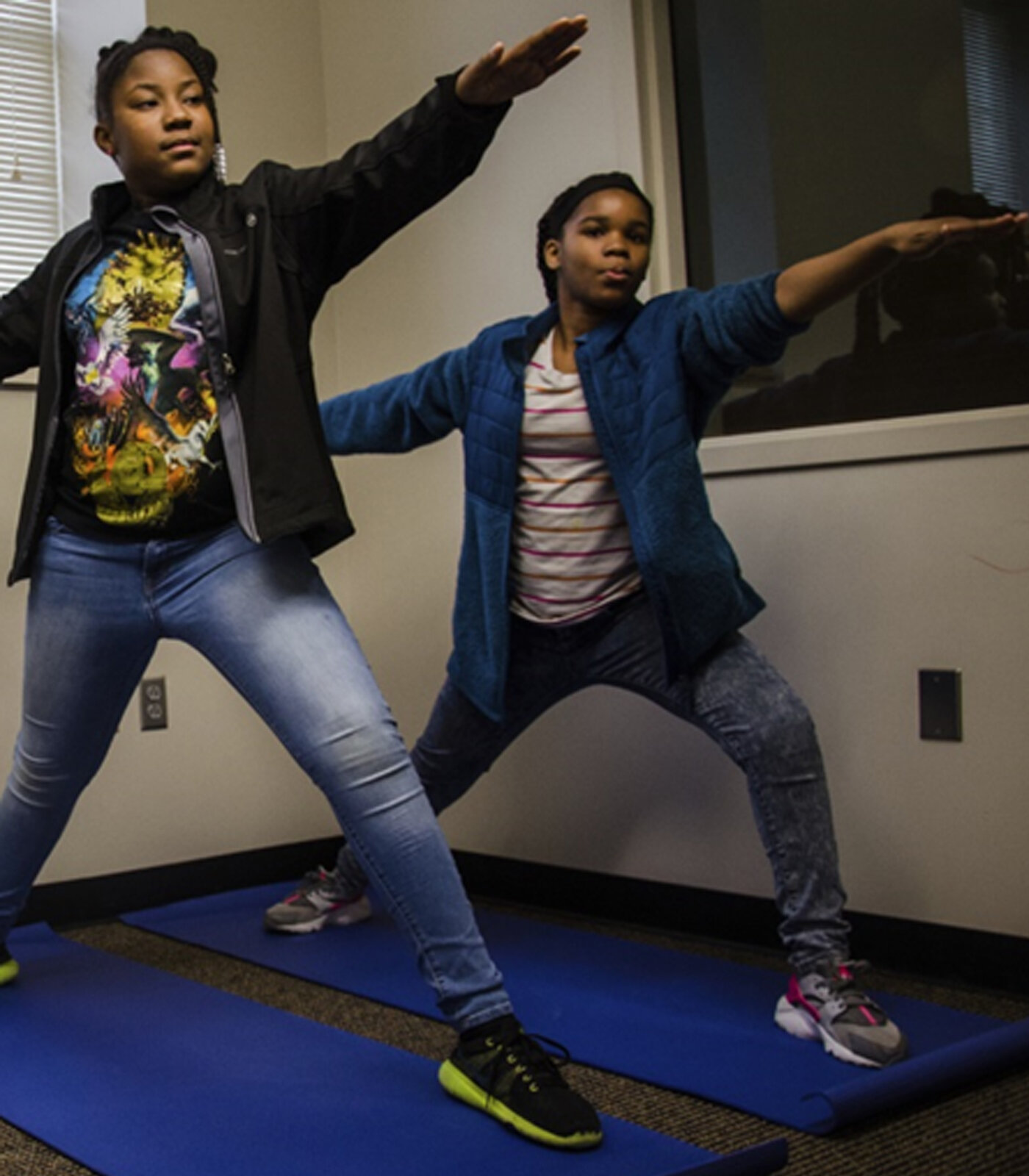With support from the National Institute on Drug Abuse, Dr. Caroline Boxmeyer, professor of psychiatry and behavioral medicine with the UA College of Community Health Sciences, led a study on Mindful Coping Power, a new format of the Coping Power prevention program. Mindful Coping Power provides training to increase a child’s social competence and self-regulation to reduce aggressive behavior and prevent later problems such as substance use and delinquency. Mindful Coping Power also coaches parents on positive parenting and mindfulness. In previous research, the Coping Power prevention program had long-lasting effects on reducing proactive aggression, a more intentional, goal-directed form of aggression. “Our team at UA has been leading this work, nationally and internationally, through the development, testing and dissemination of the Coping Power prevention program, which has more than 25 years of evidence demonstrating its effectiveness,” Boxmeyer said. “Despite the proven effectiveness of Coping Power, it can be challenging to impact behaviors that are more biologically and temperamentally based, such as impulsive and reactive anger and aggression.” Boxmeyer and the other researchers, including Dr. John Lochman, the developer of Coping Power, tested the effects of the Mindful Coping Power and Coping Power programs in a one-year, school-based clinical trial that included 102 randomly selected fifth-grade students with elevated levels of reactive aggression. Children who participated in Mindful Coping Power also exhibited improved social skills at the end of sixth grade.
This summary was generated by Smmry

